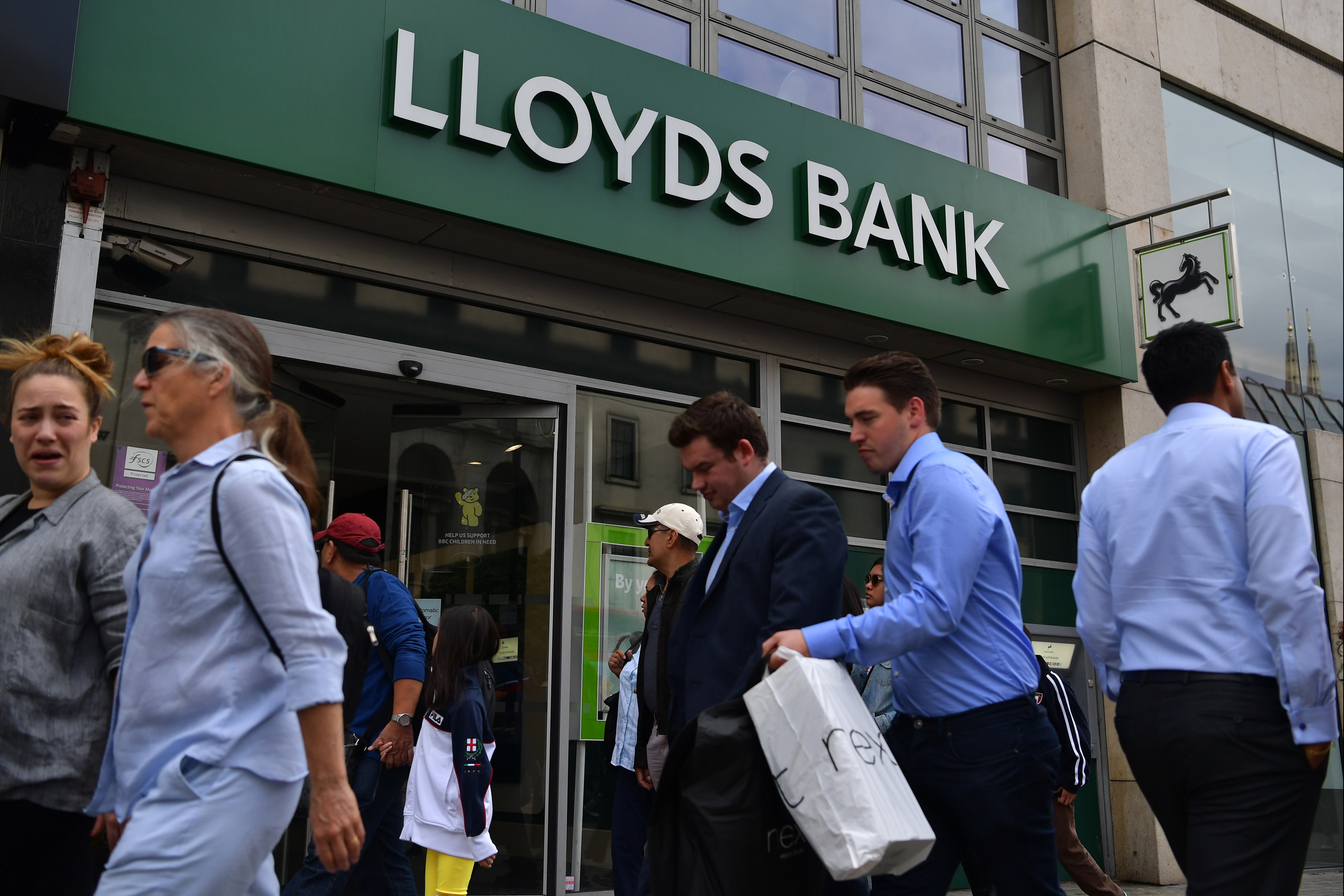
IN a classic post-Brexit move, Lloyds Banking Group has decided to repay its staff and customers’ loyalty by doing what it does best.
That’s right, it’s going to close more branches and punt more employees.
Despite more than doubling its profits in the first six months of this year to an eye-watering £2.5 billion, bosses plan to shut another 200 branches, including those of Bank of Scotland and Halifax.
That’s on top of the 200 shut in 2014, dumping 3000 staff on the dole.
And, to make sure that its vaults are kept full to bursting, the company is selling off 30% of its property and non-banking offices, saving it £100 million.
What really sticks in my craw is that it is still partly state-owned.
The company was saved seven years ago when then-Prime Minister Gordon Brown awarded it £20bn – that’s taxpayers’ cash – for a 43.4% stake.
A stake which, after various government share issues, has now been reduced to 10%.
But a share sale which has also seen the personal wealth of its bosses soar.
Last year, chief executive Antonio Horta-Osorio took home £10.8m for his efforts.
God knows what it will be this year, but think of a number, double it, and you probably still won’t be close.
The rest of his voracious cabal have also made sure they were well remunerated. This lot make Sir Philip Green and Mike Ashley look like saints.
Words almost fail me!
It was our the banks’ contemptuous disregard for our money which caused the global financial meltdown.
It was they who brought the UK to its knees and plunged us into recession.
Instead of being jailed for their crimes, as they were in Iceland, bankers were rewarded with the multi-billion-pound bail-out which they immediately used to prop themselves up.
Loans were called in, not given out. Homes were re-possessed, bankruptcy and insolvencies went through the roof, ruining many thousands of hard-working people’s lives, and divorce rates soared – all because of the financial folly of this bunch of charlatans.
Now, when they have a bit of money, they simply dip the till, shut up shop and dish out the P45s.
All, it seems, because they got a wee scare over Brexit.
Quite why the Government is allowing it to happen beats me.
The power that these financial institutions have must be severely tempered.
They should be broken up and forced to trade separately, not as part of a huge, unaccountable plc.
They shouldn’t be allowed to shed jobs in such numbers.
Customers should be able to visit a local branch, not be forced to rely on internet banking.
There has to be a positive UK Government intervention to bring our financial institutions back into line, which would restore confidence and trust in the market.
The customers and the staff further down the food chain should always come first, not the investor, the shareholder or, in particular, the nest-feathering elite sitting at the top table.
They should be . . . ach best I stop now as this a family newspaper – I’d be in trouble if I said what I’d really like to see done to them!
READ MORE
Major banks ‘charging more to borrow money than payday lenders’

Enjoy the convenience of having The Sunday Post delivered as a digital ePaper straight to your smartphone, tablet or computer.
Subscribe for only £5.49 a month and enjoy all the benefits of the printed paper as a digital replica.
Subscribe